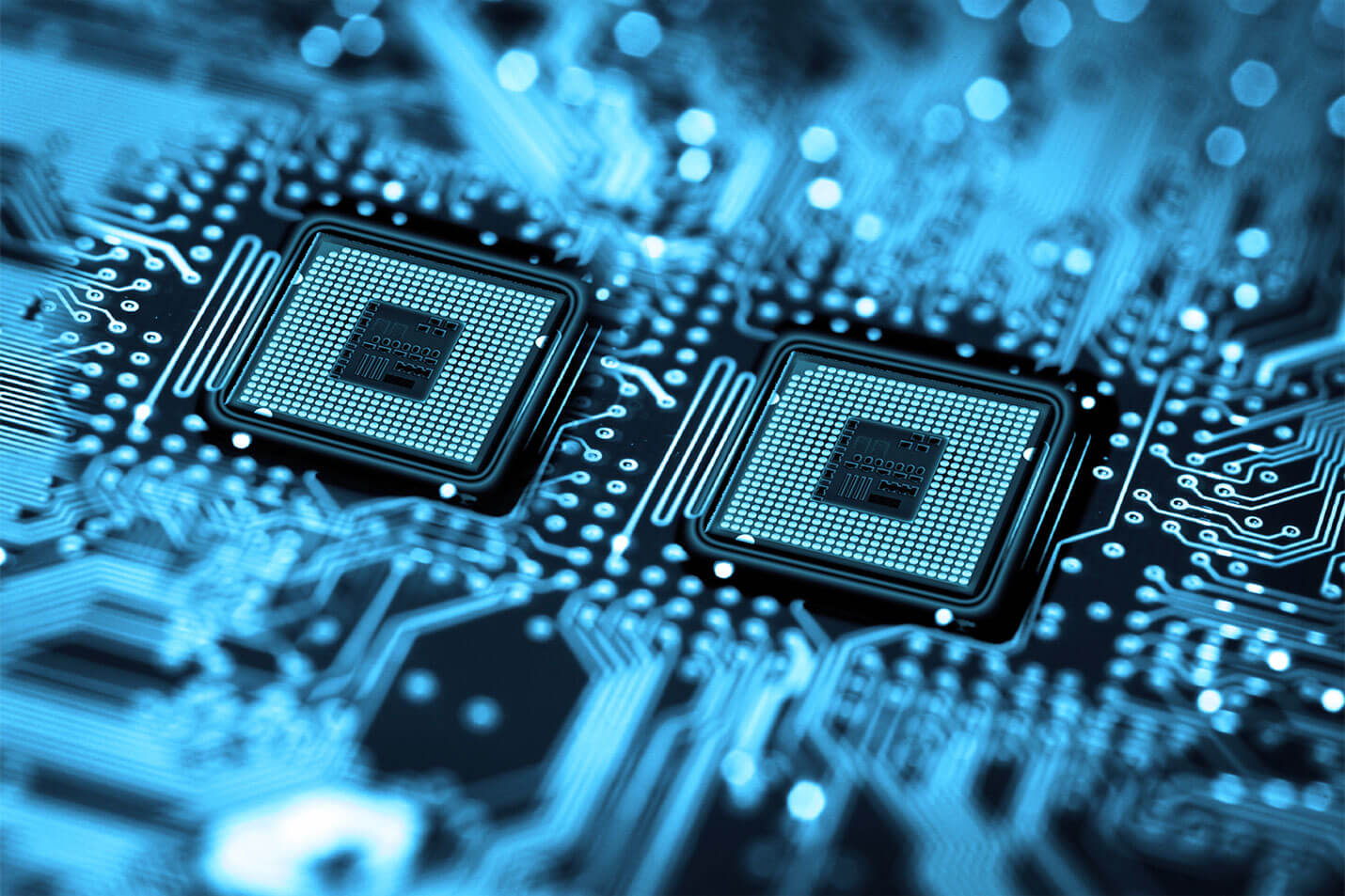


The electronics industry is the fastest growing and most high-tech industry, which is characterized by
very high
competition, the distinctive feature of this industry is innovation, and the main growth driver of the
electronics
industry is the replacement of existing electronic devices (equipment) with more advanced and
high-tech versions. So,
what does the value chain in the electronics industry look like? Let's look at all the stages.
The first stage is the development and design of the product and service. This stage deals with all
the steps involved
in transforming an idea into a finished product or service. Usually this stage begins with development
and design, then
the product is thoroughly analyzed, tested and refined before it can be put into mass production.
The next step is procurement, delivery and manufacturing. This phase includes the processes of
selecting, acquiring, and
providing the necessary raw materials, supplies, and components used to manufacture the product or
provide the service.
This phase covers inventory management, analysis and quality control, as well as optimizing the
operation of process
lines to ensure efficient and uninterrupted production.
The next stage includes marketing, sales, and service. The key goal of marketing is to help the
business sell products
and services using tools such as sales incentives, sales promotions, etc. Marketing teams also provide
feedback to
product development and manufacturing departments that can be used to implement improvements based on
user preferences
and market requirements. At this stage, companies receive and fulfill orders, as well as deliver
products and services
to customers. All of this can be supplemented by the provision of after-sales services, such as
equipment commissioning,
equipment maintenance, repair, or other or ancillary services.
The structure of a company specializing in the production of electronic products or equipment may
consist of divisions
such as product development and engineering departments, manufacturing departments, as well as
departments responsible
for supply chain and operations, departments responsible for sales, marketing, customer service,
departments dealing
with accounting and finance, human resources and information technology. In order to optimize costs
and processes, some
functions are outsourced.
*********
The electronics industry is one of the world's largest industries and a significant component of the entire industrial system and beyond, various industries, from the medical sector to space flight, rely on the production of electronic components, devices and equipment. It is the most knowledge-intensive industry, employing a huge number of engineers, technicians, and designers, characterized by a complex value chain.